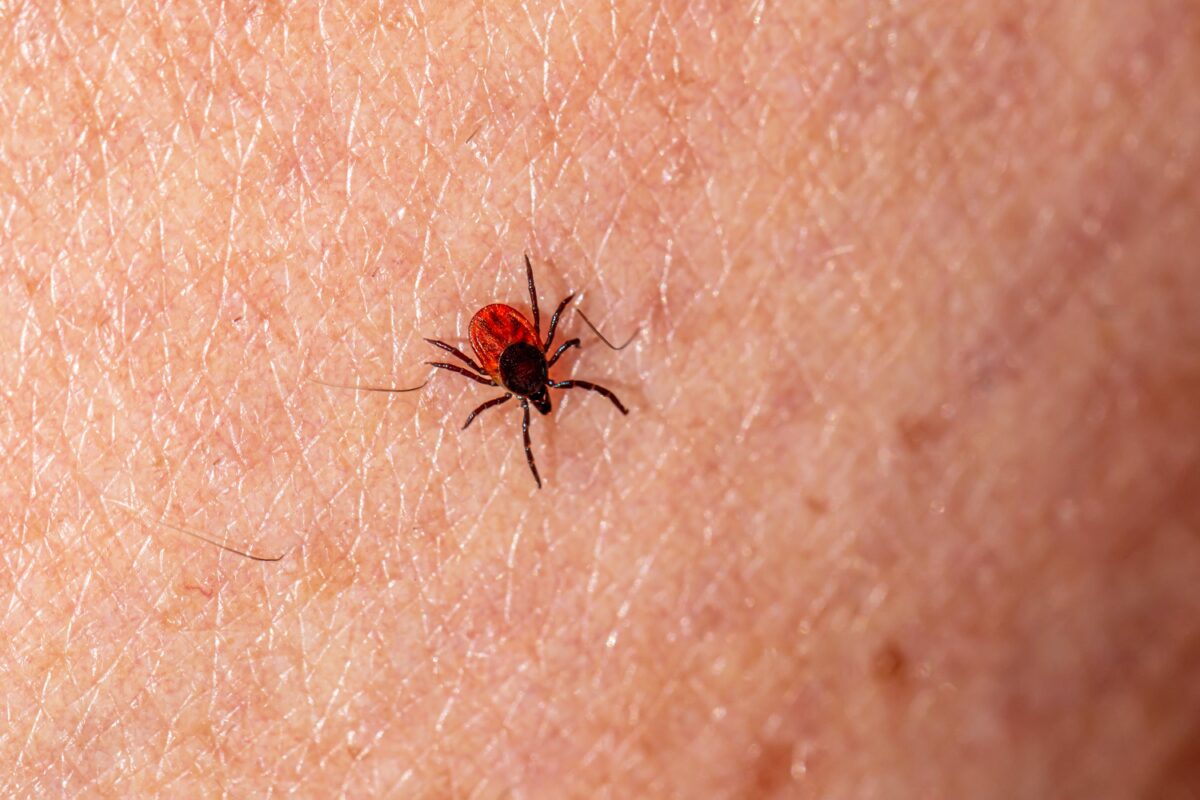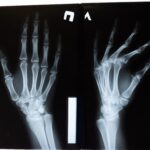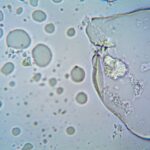Bug Bites and Stings: How To Treat Them And When To See A Doctor

Insect bites are quite common. They usually leave a mark and cause pain that dissolves in a few days. But an insect bite can sometimes lead to a severe allergic reaction or other problems, and you might have to seek medical care. But when should you see a doctor?
We can all minimize the chances of insect bites and stings, but we cannot avoid them totally. It can happen during different weather conditions and in different areas of our life, whether outside the home or inside. This article will tell you how to treat a bug bite and when to seek medical attention.
Mosquito Bites
Mosquitoes bite you to suck your blood. A mosquito bite results in swelling, redness, and itchy bumps.
How To Prevent Mosquito Bites
Avoiding mosquito bites might be difficult. But following these steps can reduce the risk:
- Limit your time outdoors after dusk. That’s when mosquitoes are most active.
- Use insect repellent. You can get it as sprays, coils, electric machines, or even topical creams.
- Cover your exposed skin while venturing into areas prone to mosquitoes.
- Burn citronella candles or incense sticks. These will shoo away insects and fill your surroundings with a pleasant aroma.
- Cover stagnant water (like in backyard pools) because that’s where mosquitoes breed.
If you do get bitten, never scratch the affected area as it can open the wound and cause infections. You can apply a topical hydrocortisone ointment or an anti-itch medicine. Even antihistamines can help with the itching.
When To See a Doctor For Mosquito Bites
Most mosquito bites are harmless. The swelling and itching disappear within a couple of days. However, these bites can sometimes lead to a severe reaction. For instance, constant scratching can create an open wound, leading to infections. Talk to your doctor if the wound spreads or if there is an abscess.
Mosquito bites can also lead to diseases like Yellow Nile Virus. And in tropical regions, they can cause malaria, yellow fever, and other fatal diseases.
Look out for the following symptoms after a mosquito bite:
- A high fever
- Headaches
- Body aches
- Swollen lymph nodes
If you experience any of these symptoms, you will require immediate medical attention. Do put off seeking medical care — delaying treatment can potentially lead to bad outcomes.
Bee and Wasp Stings
Bee Sting and wasp sting can be a terrible experience, and we all would hate that happening. Bees and wasps are buzzing insects that bite or sting you when they feel threatened. The stings can lead to swelling, redness, itching, and the area getting warm to the touch. However bee sting and wasp stings do need immediate attention and tratment.
How To Prevent Bee and Wasp Stings
The best way to avoid a wasp or bee sting is to leave them alone. The chances of stinging increase when you meddle with them. You can also cover your skin to prevent an accidental bite if you are going somewhere where there are a lot of bees or wasps.
There are still some easy ways to treat bees and wasp sting. If a bee stings you, take the stinger out by scraping the area with a blunt object. Then wash the area with soap and cold water. Applying an ice pack will help reduce the pain and swelling — but always wrap the ice pack in a cloth.
When To See a Doctor For Bee and Wasp Stings
Severe allergic reactions to the sting will require urgent care. Look for the following symptoms after bee stings:
- Formation of hives and itching in areas other than the bitten or stung area
- Difficulty breathing normally.
- Nausea, vomiting, diarrhea, and stomach pain
- A throat infection and difficulty swallowing
If the person who was stung is having trouble breathing, call for an ambulance immediately and tell the 911 operator that the stung person is having difficulty breathing. The operator may advise you to perform CPR if the person falls unconscious.
If the person stung was a child, they need to be treated immediately if they were stung in the face, mouth, or neck.
Spider Bites
Spider bites are not that common. They can cause swelling, itching, and redness, just like mosquito bites.
When To See a Doctor For a Spider Bite
Some spiders like the Black Widow and Brown Recluse are dangerous. Their bites can lead to severe symptoms needing immediate medical help. Look out for:
- Severe pain around the bite
- Ulcers and pus
- Cramping
- A necrotic wound (a wound with dead tissue)
If your spider bite doesn’t heal within a few days or the pain worsens, seek medical care immediately.
Tick Bites
Ticks are parasitic insects that love to burrow themselves under your skin. You will find them in grassy or forested areas.
How To Prevent Tick Bites
Tick bites can lead to severe illnesses like Lyme disease. Here’s how you can prevent a tick bite:
- Wear long sleeves and full pants to reduce exposure
- Avoid bushy areas if possible
- Stay away from animals with ticks
The Center for Disease Control and Prevention (CDC) also recommends using an insect repellent containing DEET.
When To See a Doctor For Tick Bites
You will require medical attention immediately if you experience the following symptoms:
- Rashes spreading on your body
- Fever
- Chills
- Severe fatigue
You may also experience other symptoms of the flu. Apart from Lyme disease, ticks can cause other life-threatening diseases like babesiosis and Rocky Mountain spotted fever. So, don’t ignore it if you have a fever and other flu-like symptoms.
If you don’t require urgent care from a doctor, read “Tick Removal and Treatment” to learn to treat tick bites at home.
Flea, Chigger, and Bed Bug Bites
Fleas, chiggers, and bed bugs are mostly harmless. Their bites are painful and cause itching, which subsides within a couple of days.
Mattresses are the favorite spot for bed bugs. And they can spread easily through clothing and shared resting areas. If you get a bed bug infestation, you must destroy all impacted fabrics and hire a professional to treat the infestation.
When To See a Doctor For Flea, Chigger, and Bed Bug Bites
Bed bugs, fleas, and chiggers don’t carry any diseases. However, call your doctor for treatment if your bite starts to swell, become painful, or show signs of infection.
The Bottom Line on Insect Bites and Stings
Never ignore an insect bite or sting. If you are in pain after a bee sting or a wasp sting, definitely go for some sort of treatment or medical attention. Though most insect bites are harmless, some insects carry dangerous diseases. Always see a doctor if you have a high temperature and develop other complications that don’t subside within a few hours or days.
Sources:
- https://www.mayoclinic.org/first-aid/first-aid-insect-bites/basics/art-20056593
- https://legacyer.com/when-should-i-visit-the-doctor-for-bug-bites/
- https://www.cdc.gov/ticks/avoid/on_people.html




